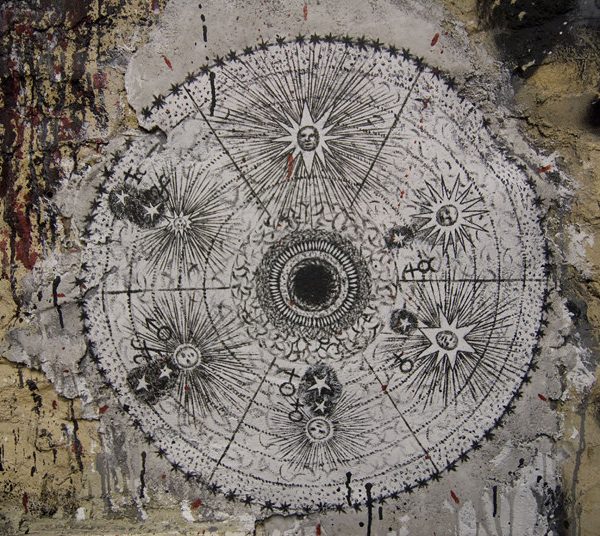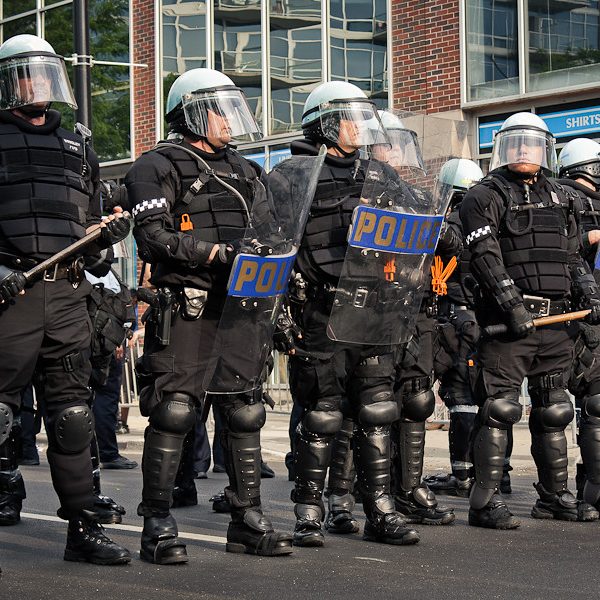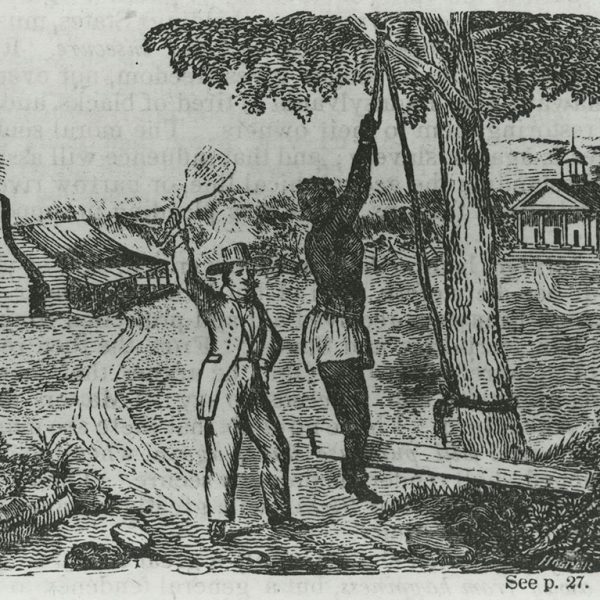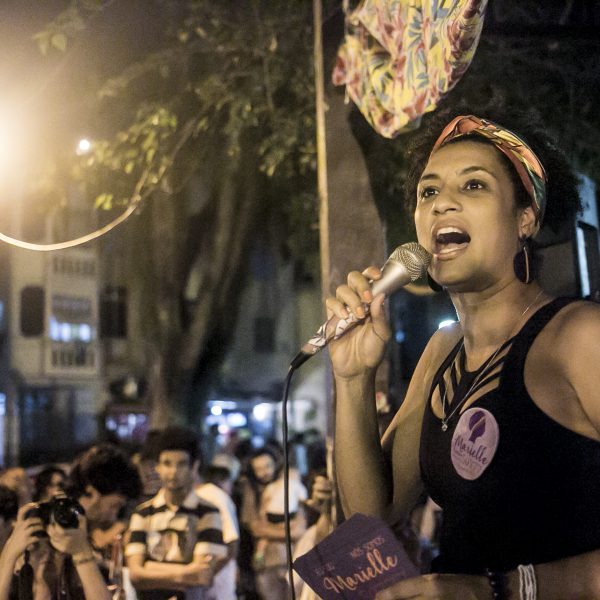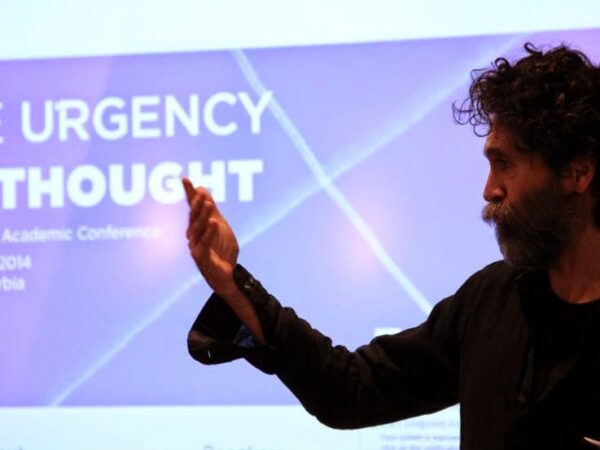
While Carl Schmitt claims that the enemy constitutes “the political,” his various writings largely ignore the historical and discursive evolution of the enemy. Anidjar’s major contribution to modern political theology lies in responding to this lacuna.
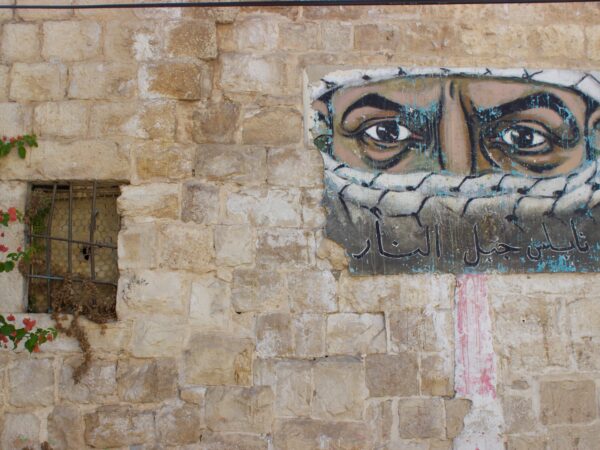
Mamdani’s latest book defends the promise of decolonization against the ongoing nationalist violence of modernity. Rafael Vizcaíno sits with the renowned Ugandan intellectual to discuss postcolonial and decolonial scholarship, the reform-revolution debate, anti-racism, and the example of South Africa.
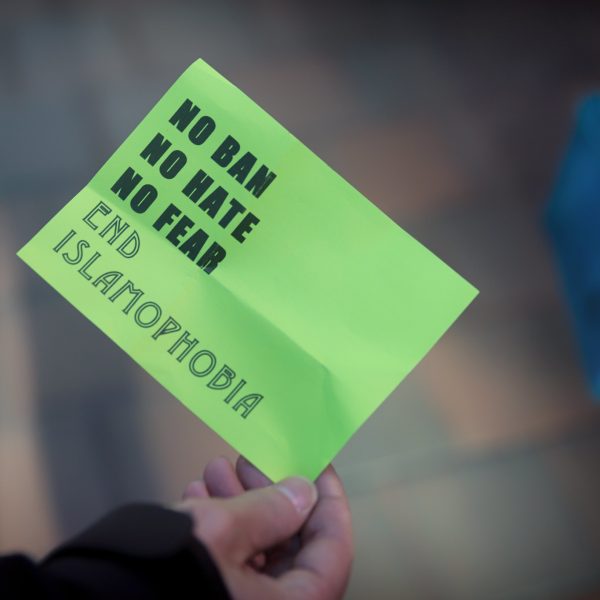
Without a sustained focus on material inequalities and repressive state power, the conversation on Islamophobia too easily slips into a mealy-mouthed appeal to diversity and tolerance.
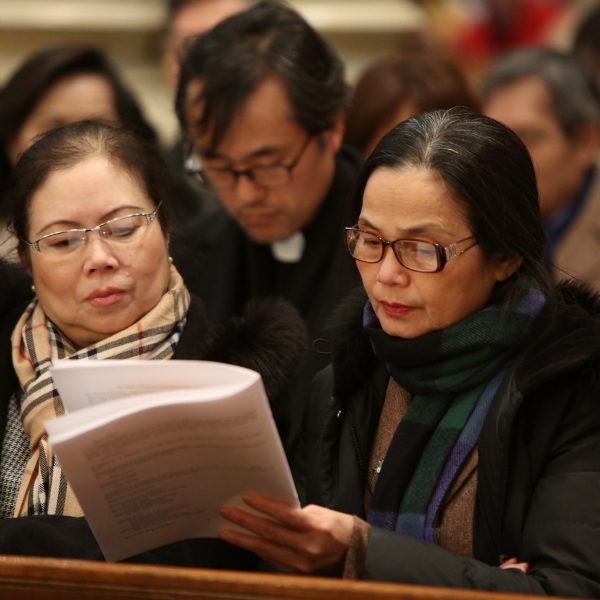
Although recognizing the discrimination faced by Chinese and Japanese Americans in the past, Open Wide Our Hearts could say more on the experience of Asian Americans as “model minorities” within the system of white racism.
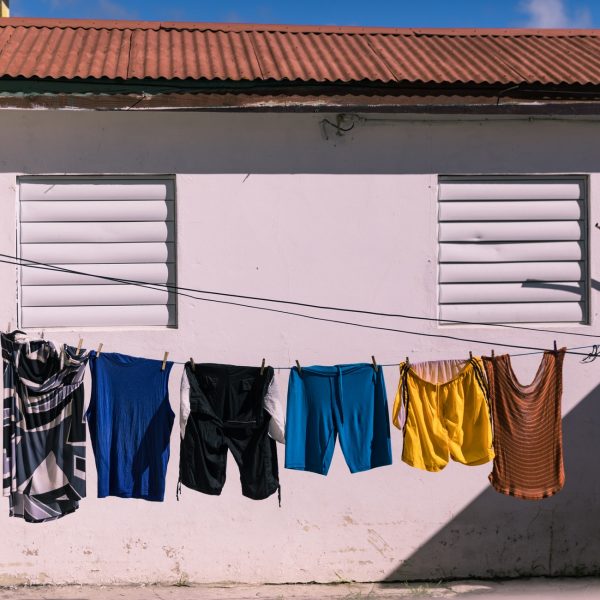
Political theology, insofar as it can articulate an analysis of and resistance to rape culture, offers many resources for confronting sexual violence.

